Adding a new furry friend to your household can be both exciting and confusing. How should you protect your new pet from dangerous diseases? What food should you feed him? How should you house train him? Here’s a guide to caring for your new puppy or kitten during his first year of life.
Vaccinations
One of your first and most important responsibilities as a new pet owner is protecting your puppy or kitten from a life-threatening disease. A series of vaccines will help your pet build immunity to diseases he could be exposed to. Puppies and kittens should receive their first set of vaccines at six weeks of age. Booster vaccines will then be administered every three to four weeks, with the last set administered around 16 weeks of age. After this, most vaccines are administered once per year.
Core recommended vaccines for puppies include:
- Distemper
- Hepatitis
- Leptospirosis
- Parvo
- Parainfluenza
- Bordetella
- Rabies
All kittens should be vaccinated against:
- Feline viral rhinotracheitis
- Panleukopenia
- Feline leukemia
- Rabies
Deworming
Puppies and kittens are born with roundworms, which are passed to them from their mother (even if the mother does not have an active roundworm infection). Other intestinal worms—hookworms and whipworms—can be picked up from the mother or the environment. Starting at six weeks of age, several doses of a dewormer will be administered to your pet to kill any worms that are present.
Parasite prevention
After being cleared of worms, your pet will need to begin long-term protection against internal and external parasites. A monthly heartworm preventive will protect your pet from heartworm disease as well as many common intestinal worms. In addition, a monthly flea and tick preventive will provide protection from external parasites that can carry dangerous diseases, such as tapeworms and Lyme disease.
Nutrition
With so many pet food choices, choosing the right food for your new pet can be a daunting task. The majority of your pet’s calories should come from a food specifically formulated for his species. Human foods and foods designed for other species will not provide the proper nutrition needed for your growing puppy or kitten.
Begin with a puppy or kitten food to ensure your pet gets adequate calories for growth. Puppies should be given a food that is appropriate for their expected adult size. Large- and small-breed puppy foods are formulated differently to encourage the correct development of bones, joints, and muscles. Once your pet has reached adult size, typically around nine months, you can slowly introduce an adult dog food.
Socialization
Exposure to many different people, animals, and situations at a young age can help your new puppy or kitten develop into a well-adjusted and confident pet. During the first four months of life, however, when your pet is receiving vaccines to develop immunity to contagious diseases, socialization should be limited to your home and yard. Places like dog parks, where your pet could be exposed to unvaccinated or sick dogs, are not safe for your puppy until he is fully vaccinated.
To get your new pet accustomed to visiting the veterinarian, bring him in for “happy visits.” When you stop by for an unscheduled visit, your pet can be weighed, loved on by our team, and given a treat (if appropriate), which will help him to develop a positive association with visiting our office.
House training
Once your kitten is shown where the litter boxes are placed in your home, he will likely pick up house training fairly quickly. House training a puppy, however, is often more challenging.
Take your puppy outside every hour or so, particularly after he eats and wakes from a nap. When he eliminates outside, immediately praise him and give him a small treat. This will help him form positive associations with going to the bathroom outside.
Provide an appropriately sized crate for your puppy to prevent him from soiling your floors when you are not able to watch over him or let him out every hour. Accidents in the house should be cleaned up immediately with an enzyme-based cleaner made for pet waste. Never punish your puppy for house-training accidents; he should simply be redirected outside. Be aware that completely house training a puppy often takes several months and requires patience.
Spaying/Neutering
Around six months of age, your new pet should be spayed or neutered. A simple surgery will remove the reproductive organs, preventing unwanted pregnancy. This procedure will also protect your pet against diseases and cancer of the reproductive system.
Ready to start your new pet down the path to good health? We can help. Call us at 772-283-0920 to schedule an appointment. We would love to welcome your new pet to our family!

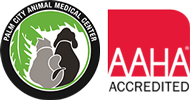
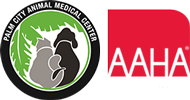
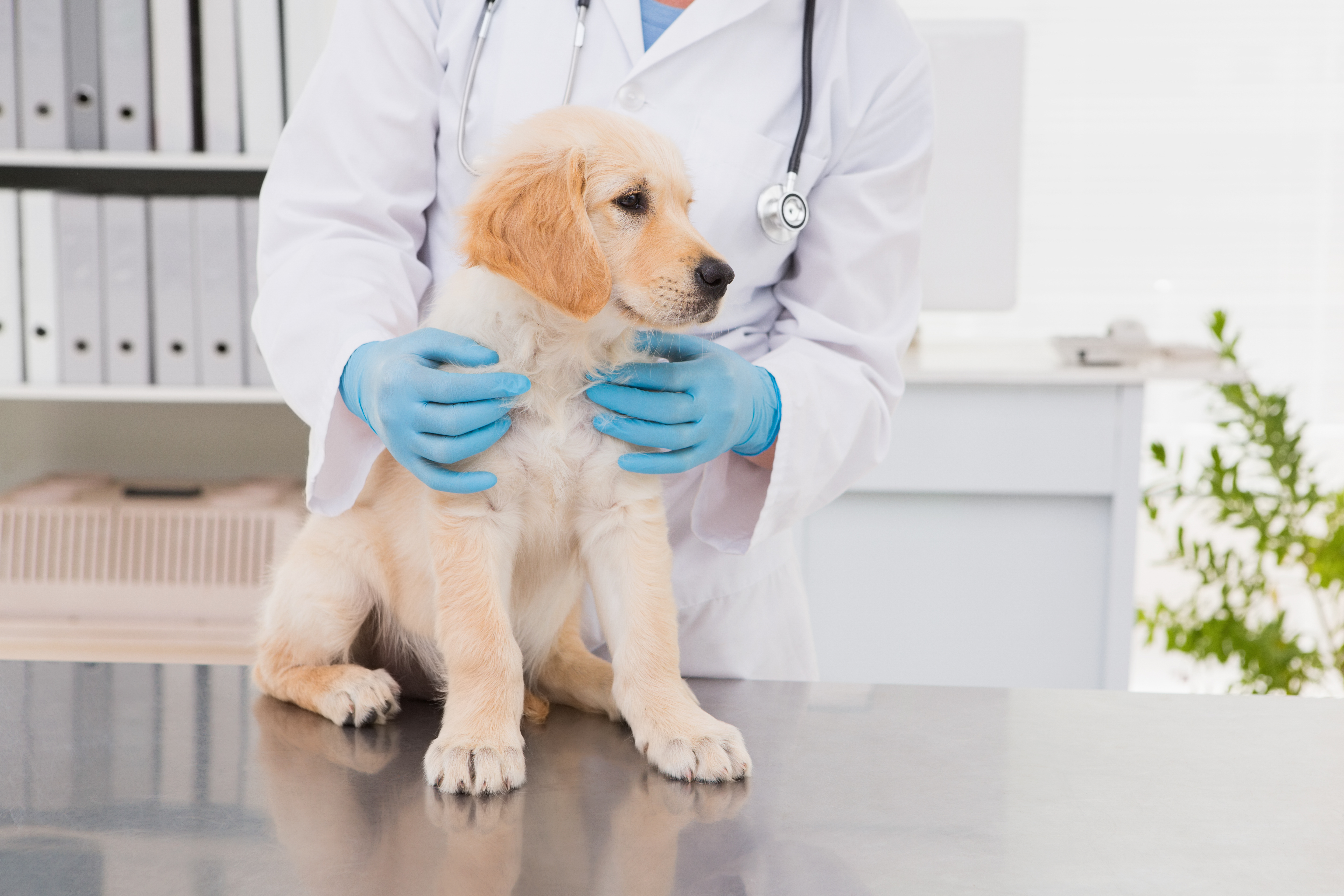
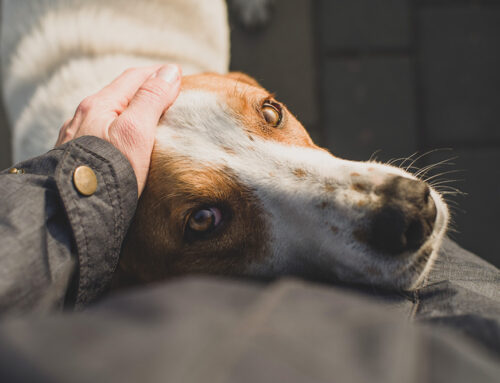
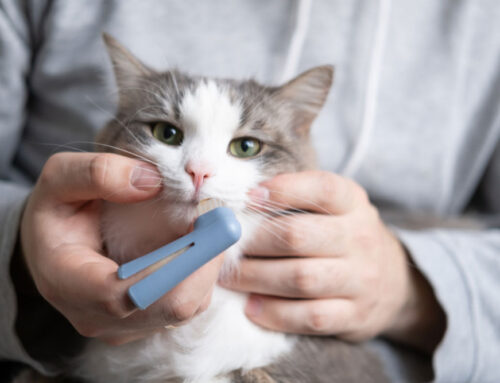


Leave A Comment